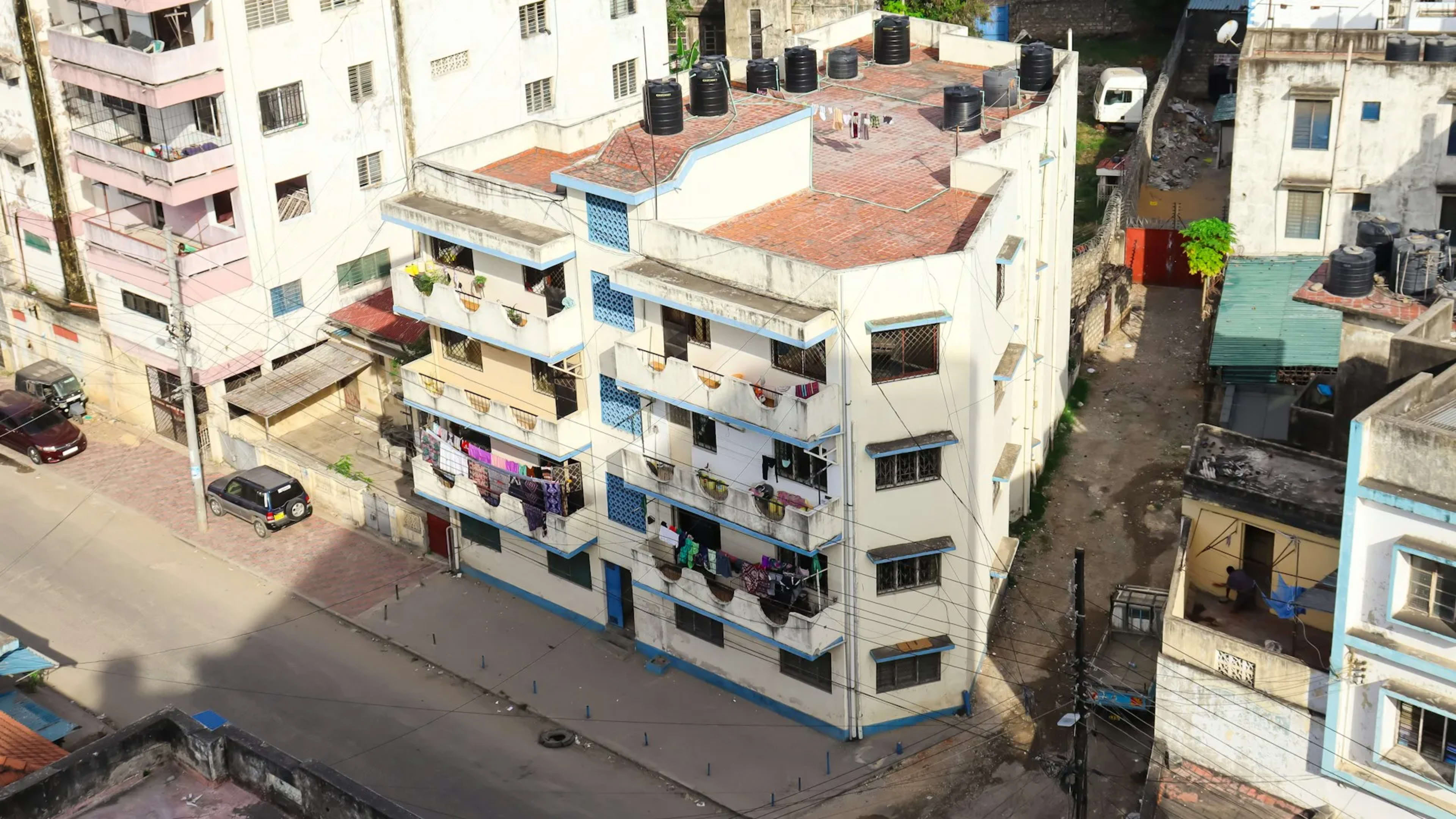Location & Transportation
Mombasa offers two dedicated cruise berths with a water depth alongside up to 11 meters. The Kenya Ports Authority is planning to transform berths 1 and 2 into an ultramodern cruise complex featuring lounge areas, restaurants, souvenir shops, and dedicated counters for customs, immigration, and cruise operators.
Please note that the port is not within walking distance to town. I recommend using taxis or the ship’s provided transportation. Taxis are readily available in Mombasa—just make sure to agree on a fare before you set off.
Sightseeing
Mombasa is a treasure trove of history and culture. Here are a few highlights I love to recommend:
- Wander the narrow, winding streets of the exotic Old Town, where Arab architecture and the scent of spices greet you at every corner.
- Stroll along the harbor to see the vibrant mix of modern shipping and traditional sailing dhows.
- Visit the impressive Fort Jesus, a 16th-century fortress built to guard the coast. Its high gun turrets, battlements, and underground passages tell centuries of history and struggle over control of the Kenyan coast.
- Enjoy views over the city and the ocean, especially from the bridges and ferries connecting the island to the mainland.
Tours & Excursions
Mombasa’s mix of history and coastal charm calls for a guided exploration:
- Join a guided tour of Fort Jesus and the Old Town to learn more about the city’s storied past.
- Take a boat tour along the coast to appreciate the marine life and breathtaking ocean views.
- Explore local spice and craft market tours to get a true taste of Swahili culture.
- Stroll on foot during the day in well-traveled areas; remember that using a ship-organized excursion might be a safer option if you’re unfamiliar with the streets.
Always keep a healthy dose of caution when exploring, especially after sunset, and use reputable guides or transfers whenever possible.
It‘s a good idea to compare shore excursion costs between what your cruise line offers and options like Viator and GetYourGuide. They often provide lower prices and include customer reviews and ratings to help you choose the best option. They may also offer more more flexible cancellation or rescheduling policies than those available through your cruise line. However, while booking independently might give you more variety and potentially better rates, be mindful of your schedule - cruise line excursions are typically coordinated to match your ship‘s schedule with guaranteed pick-up and drop-off times.
There is also a great resource for finding local guides at Tours by Locals. Tours by Locals connects you with local guides who can help you plan a private personal tour, guide you, and get you back to your ship on time. You can also check out Rome2Rio for local transportation options. It is a great resource for finding how to get from one place to another, including public transportation, taxis, ferries, and more.
Shopping
Shopping in Mombasa is a vibrant experience that mirrors the diversity of Kenya itself. The local markets bustle with color and life, offering:
- Traditional artifacts and handmade jewelry
- Beautiful carvings and locally produced furniture
- Colorful fabrics such as kikoy and khanga, perfect for a unique souvenir
- An opportunity to enjoy the art of bargaining—a key part of the local shopping culture
The lively markets and specialty shops offer a fantastic way to take a piece of Kenyan heritage home with you.
Dining
Mombasa’s food scene is as diverse as its history. Whether you’re in the mood for street food or a sit-down meal by the water, there’s something for every palate:
- Savor fresh seafood and Swahili-style biryani at local restaurants.
- Try mishkaki (grilled meat skewers) and flavorful samosas from street vendors.
- Enjoy a meal at a waterfront café to soak in views of the harbor while dining on local specialties.
Each meal is a wonderful opportunity to taste the blend of spices and traditions that define coastal Kenya.
Culture & Local Events
Steeped in a blend of Arab, African, and European influences, Mombasa’s culture comes alive in its local events and everyday life:
- Currency: The official currency is the Kenya Shilling (KSh). Notes come in 50, 100, 200, 500, and 1000 shillings, while coins are available in 1, 5, 10, 20, and 40 shillings. Banks, bureaus de change, and major hotels readily exchange USD, GBP, and EUR.
- Communication: Most hotels and lodges offer reliable email and connectivity services. Local mobile networks are robust, so staying in touch is easy.
- Opening Hours & Holidays: Most shops and attractions open early and close by early evening. Government offices typically operate from Monday to Friday. Be sure to check local listings as holiday hours can vary.
- Local Events: Mombasa pulses with cultural festivals and events throughout the year. Look out for local celebrations like the Mombasa Carnival and various music and art festivals that capture the city’s dynamic spirit.
- Safety & Awareness: While the city is full of life during the day, it’s best to avoid venturing into less populated areas after sunset. Always stay aware of your surroundings and safeguard your belongings—especially in crowded market areas.
